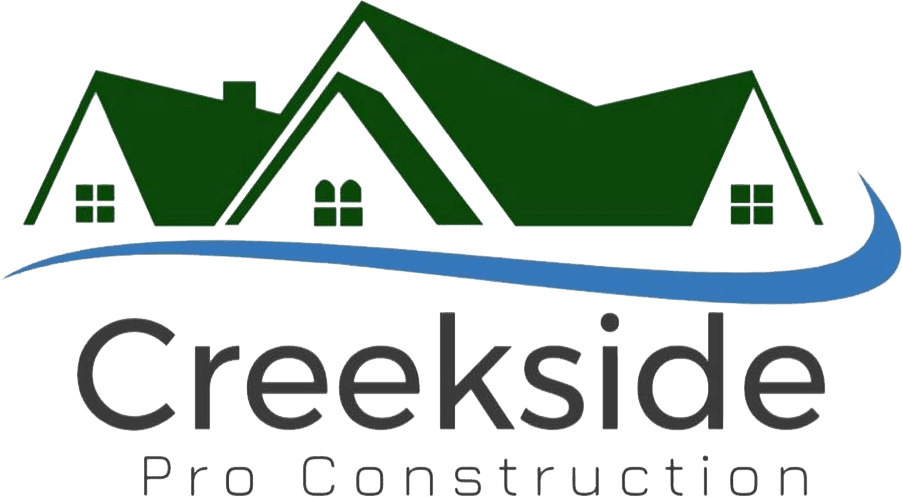Retaining Walls Contra Costa County
Stop Erosion, Gain Usable Space
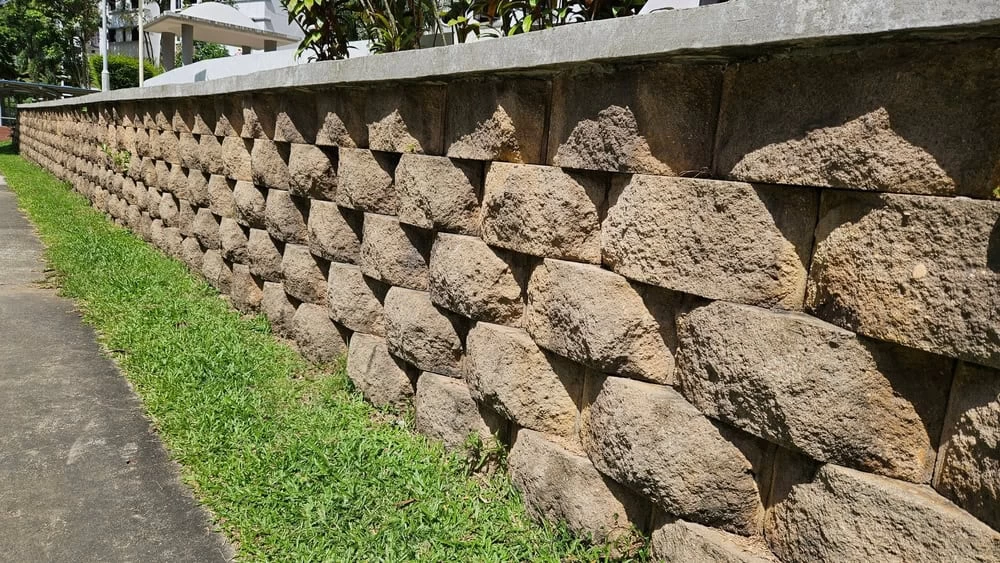
Engineering Consultation Included
Every project includes complete soil analysis and structural design to guarantee your wall lasts decades.
Local Permit Knowledge
We handle all permits and inspections, navigating county requirements so you don't have to.
No Subcontractor Surprises
Our trained crews complete your entire project from excavation to final cleanup and inspection.
Material Warranty Coverage
Full warranty on both materials and installation work gives you confidence in your investment.
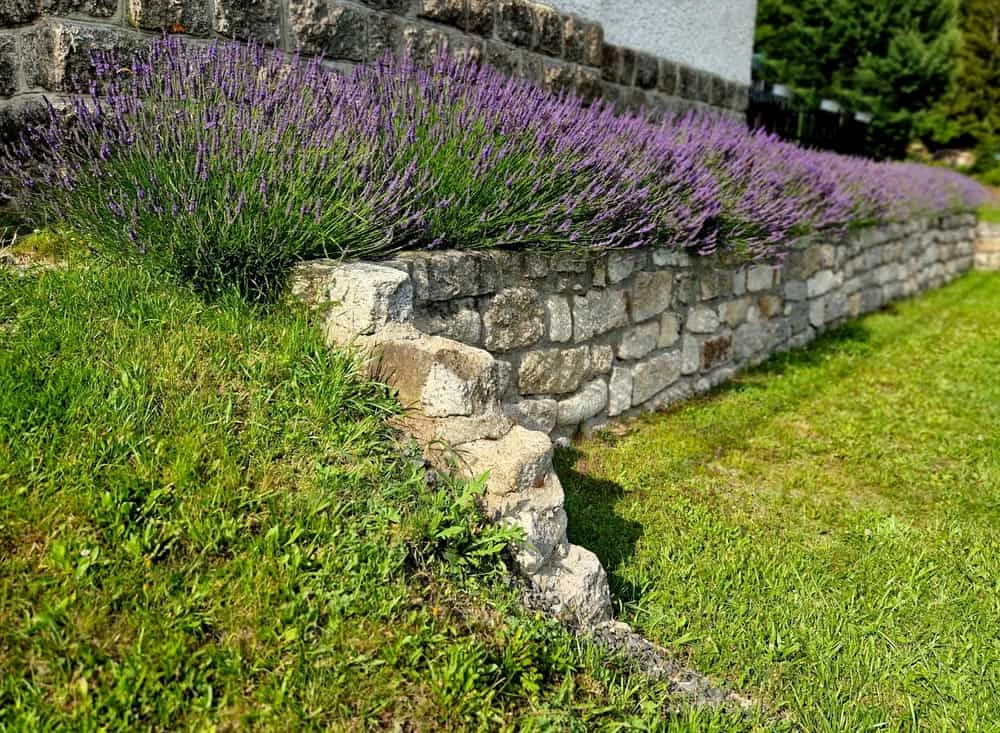
Custom Retaining Wall Design
Built Right for Bay Area Soil
- [Town, State]: Contra Costa County with its 1.1 million residents faces unique challenges from expansive clay soil and seasonal weather changes that can wreak havoc on residential properties. This dynamic region, stretching from the San Francisco Bay to the inland valleys, experiences dramatic seasonal shifts from wet winters that saturate clay soils to dry summers that cause significant ground movement. Your property faces these same geological realities that have shaped this diverse county, where Mediterranean-style homes and modern developments dot rolling hills prone to soil expansion and erosion.
A properly engineered retaining wall doesn’t just hold back dirt it manages water flow, prevents foundation damage worth thousands in repairs, and creates the outdoor space you’ve been wanting. Creekside Pro Contractors each wall specifically for your soil conditions and drainage needs. Whether you need a simple garden border or a complex multi-tier system, the engineering matters as much as the installation.
Retaining Wall Installation Benefits
What You'll Actually Get
Your landscaping stays in place during heavy winter rains instead of washing away—saving you $800–1,500 annually in replanting costs.
Sloped areas become level, usable space for patios, gardens, or play areas—adding 15–25% more functional yard space.
Water drains correctly away from your foundation, preventing costly structural issues that average $8,000–15,000 to repair.
Property value increases by $3,000–8,000 with professional landscape architecture and expanded usable space.
You stop dealing with ongoing erosion repairs and replanting every season that cost $400–800 annually.
Custom design options match your home's style while solving functional problems that impact daily life.
Share project details
Call us or get a free online quote to help us identify your project needs.
We'll follow up
If you requested an online quote, you can expect a callback within 24-48 hours of your request.
The floor is yours
Connect with an expert and share all project specifics.
Plan your project
Like what you hear? We'll provide next steps and expert guidance.
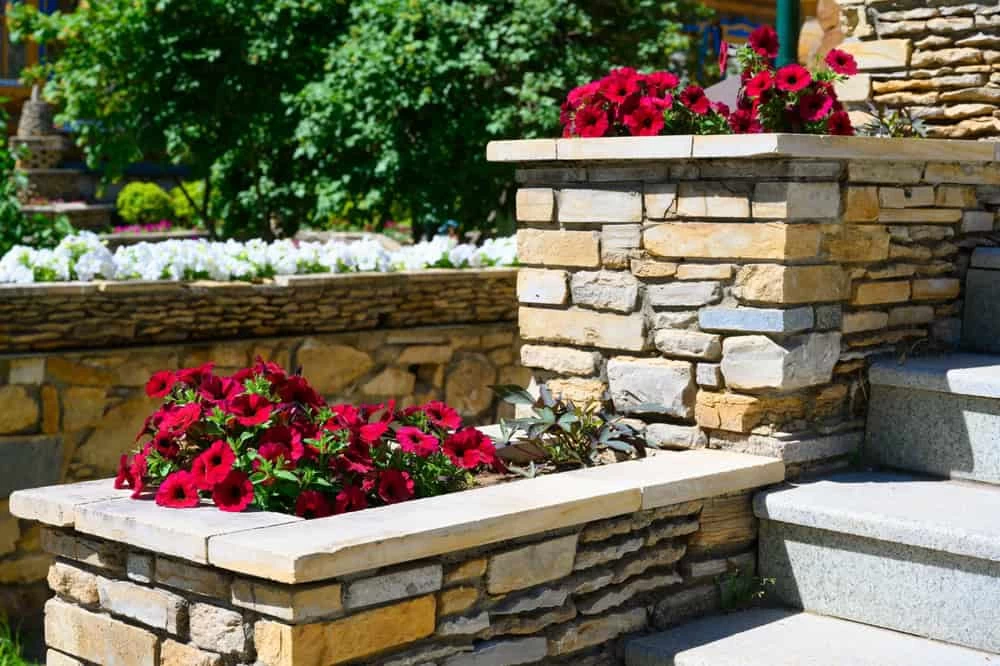
Concrete vs Stone Retaining Walls
Choosing the Right Material Matters
Concrete retaining walls offer maximum strength and longevity, especially for taller installations or challenging soil conditions. They’re engineered for Bay Area clay soil and can handle significant water pressure during storm seasons that dump 20–40 inches of rain annually.
Stone retaining walls provide natural beauty and work well for shorter walls or decorative applications. Natural stone weathers beautifully and complements existing landscaping, though it requires different engineering considerations for long-term stability.
Block retaining walls balance cost and performance, offering design flexibility with reliable structural integrity. Modern block systems include built-in drainage and install 40% faster than poured concrete while maintaining structural strength.
Retaining Wall Construction Process
What's Included in Your Project
Every retaining wall project starts with soil analysis and complete engineering. We handle excavation, base preparation, drainage installation, and structural construction. Your project includes all necessary permits and inspections—typically a 3–4 week process.
We coordinate utility marking, protect existing landscaping where possible, and manage debris removal. The installation includes correct backfill, drainage systems, and final grading to direct water flow away from both the wall and your foundation—preventing the water damage that costs homeowners $5,000–12,000 annually.
You’ll receive material warranties and installation guarantees, plus a clear timeline from start to final inspection approval within 7–10 business days.
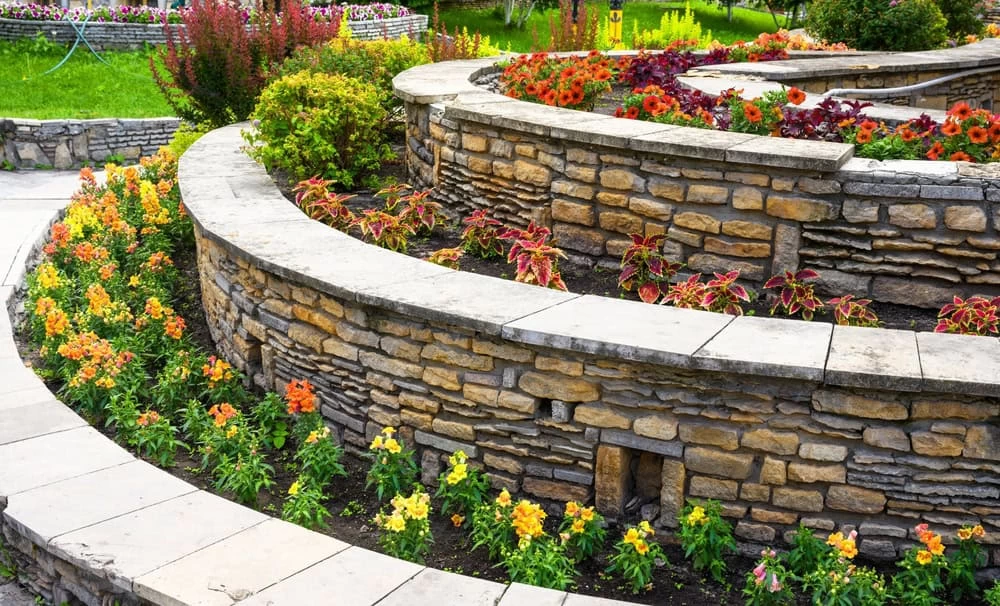
Common questions about Retaining walls
How much does a retaining wall cost in Contra Costa County?
Do I need permits for retaining wall construction in Alameda County?
How long do concrete retaining walls last in Bay Area weather?
Can retaining walls fix drainage problems in my yard?
What's the difference between DIY retaining wall blocks and our installation?
How do I choose between stone, concrete, and block retaining walls?
Site Evaluation and Design
We assess your soil, drainage, and structural needs to create the right solution for your specific conditions.
Permits and Material Ordering
All permits filed and materials ordered while you focus on other things—typically completed within 2–3 weeks.
Construction and Final Approval
Installation with cleanup and final inspection to close your permits—usually finished in 5–8 business days.
